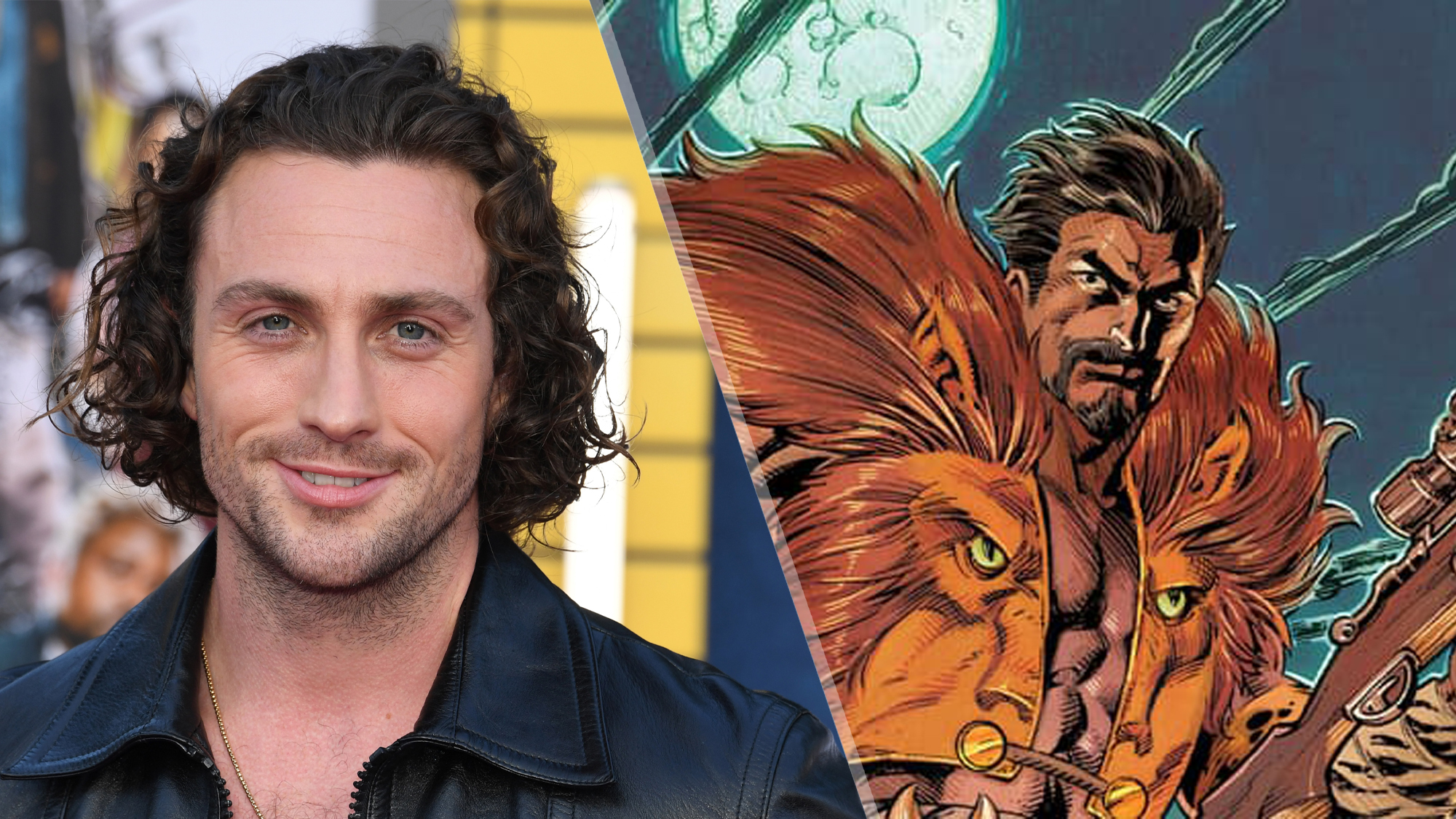The upcoming film, Kraven the Hunter, has stirred controversy with its director's polarizing comments. In this critical analysis, we delve into the complexities of these statements, exploring their implications for the film industry, representation, and the boundaries of creative expression.
Director J.C. Chandor has faced criticism for suggesting that the film's casting of Aaron Taylor-Johnson as Kraven is a conscious effort to distance the character from his comic book roots, which depict him as a white, male hunter.
Supporters argue that this move promotes diversity and inclusivity, allowing a wider audience to connect with the character. Critics, on the other hand, question the need to alter the character's established identity, suggesting it undermines the original story and alienates traditional fans.
Chandor's comments have also raised ethical concerns. He stated that he believes violence in films can be "cathartic" and "therapeutic." While some agree that violence can serve as a form of catharsis, others argue that it can desensitize viewers to violence in real life.
This debate highlights the complex relationship between art and society, and the need to consider the potential impact of violent content on viewers.
At the heart of this controversy lies the longstanding tension between artistic freedom and social responsibility. Chandor's comments suggest that filmmakers should have the autonomy to explore sensitive topics and portray violence in ways that they believe are meaningful.
However, critics argue that filmmakers have a duty to use their platform responsibly and consider the societal implications of their work. They contend that portraying violence as cathartic without context or caution can send harmful messages.
The Kraven the Hunter controversy presents a complex problem with no easy solutions. It demands that we navigate the intersection of diversity, ethics, and artistic freedom.
To find a balance, filmmakers must engage in thoughtful storytelling that grapples with challenging issues while remaining sensitive to the potential impact on society. They should consider the responsibility they hold and strive to create content that both entertains and stimulates critical thinking.
Christopher Nolan's The Dark Knight provides a nuanced example of how to tackle violence in film. The film's realistic and unflinching portrayal of violence exposes the consequences of extreme actions and prompts viewers to question their own moral boundaries.
The Kraven the Hunter controversy highlights the multifaceted complexities that surround the creation and consumption of violent entertainment. It forces us to confront fundamental questions about diversity, ethics, and the boundaries of artistic expression.
While there is no one-size-fits-all solution, the path forward lies in ongoing dialogue, thoughtful storytelling, and a commitment to responsible filmmaking. By embracing a balanced approach, we can create content that both challenges and entertains, while fostering a culture of critical engagement and social awareness.
Read also:
Bucs Secure Southern Supremacy, Evans Soars Beyond 1K Milestone
Reality Stars Paige DeSorbo And Craig Conover Confirm Amicable Split After Three Years
Senator Joe Manchin Calls On Biden To Drop Out

